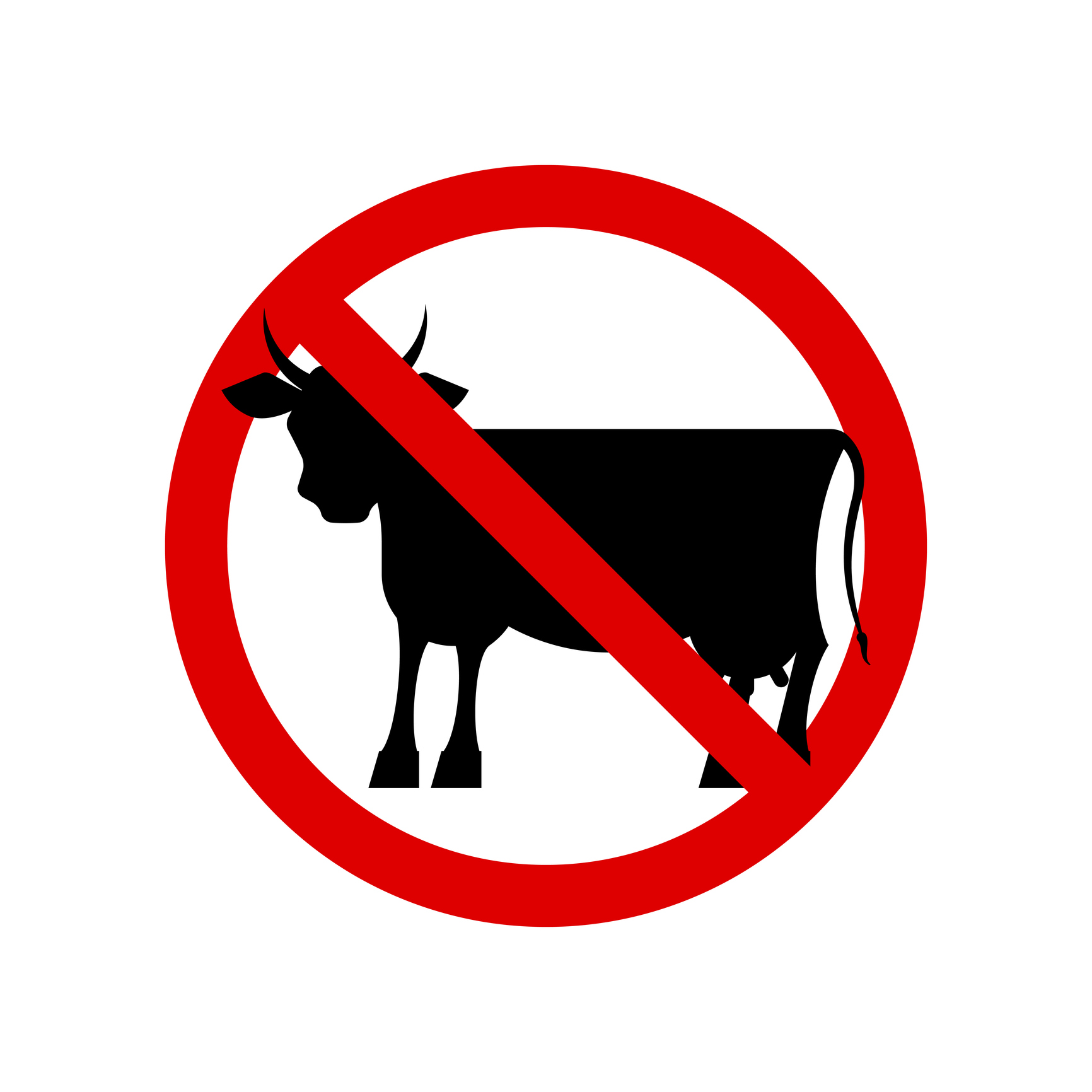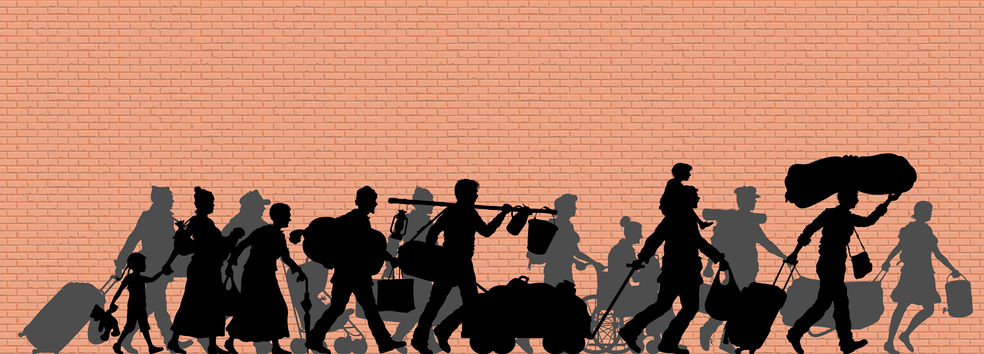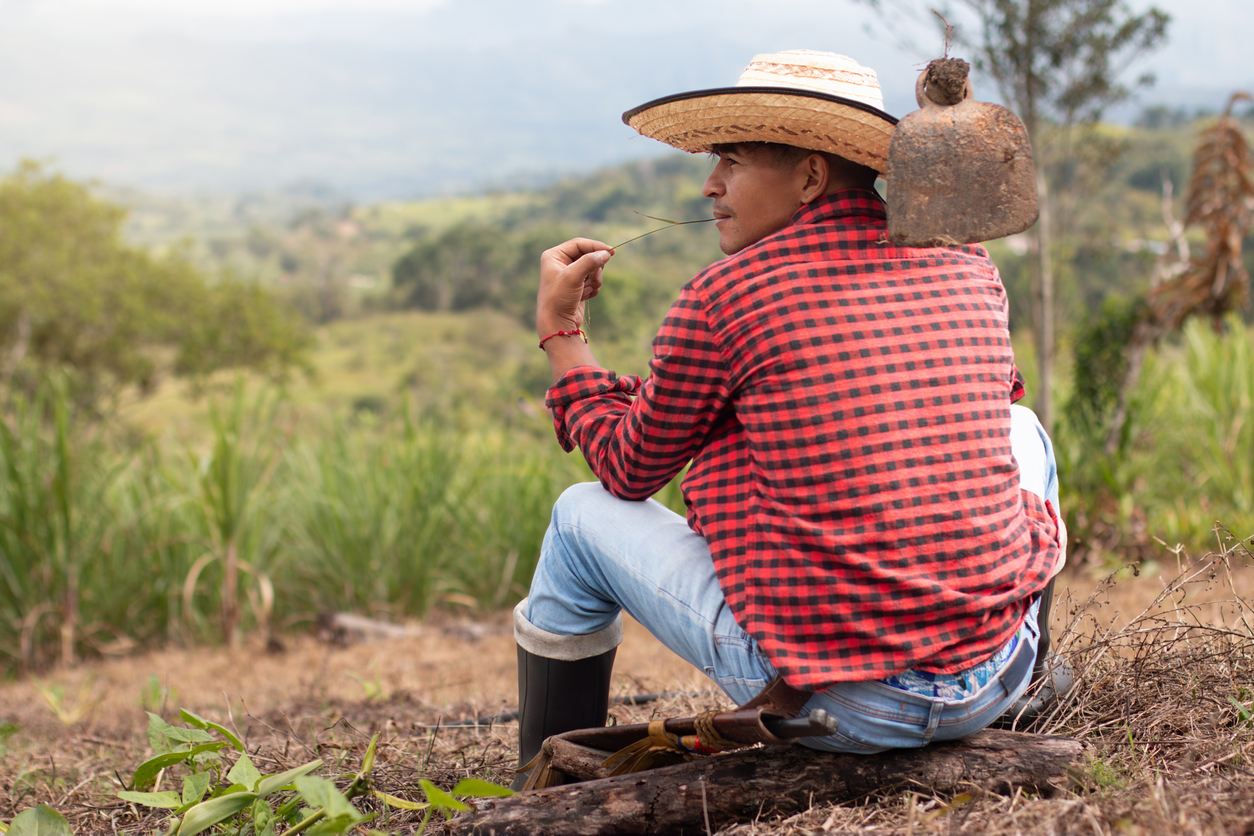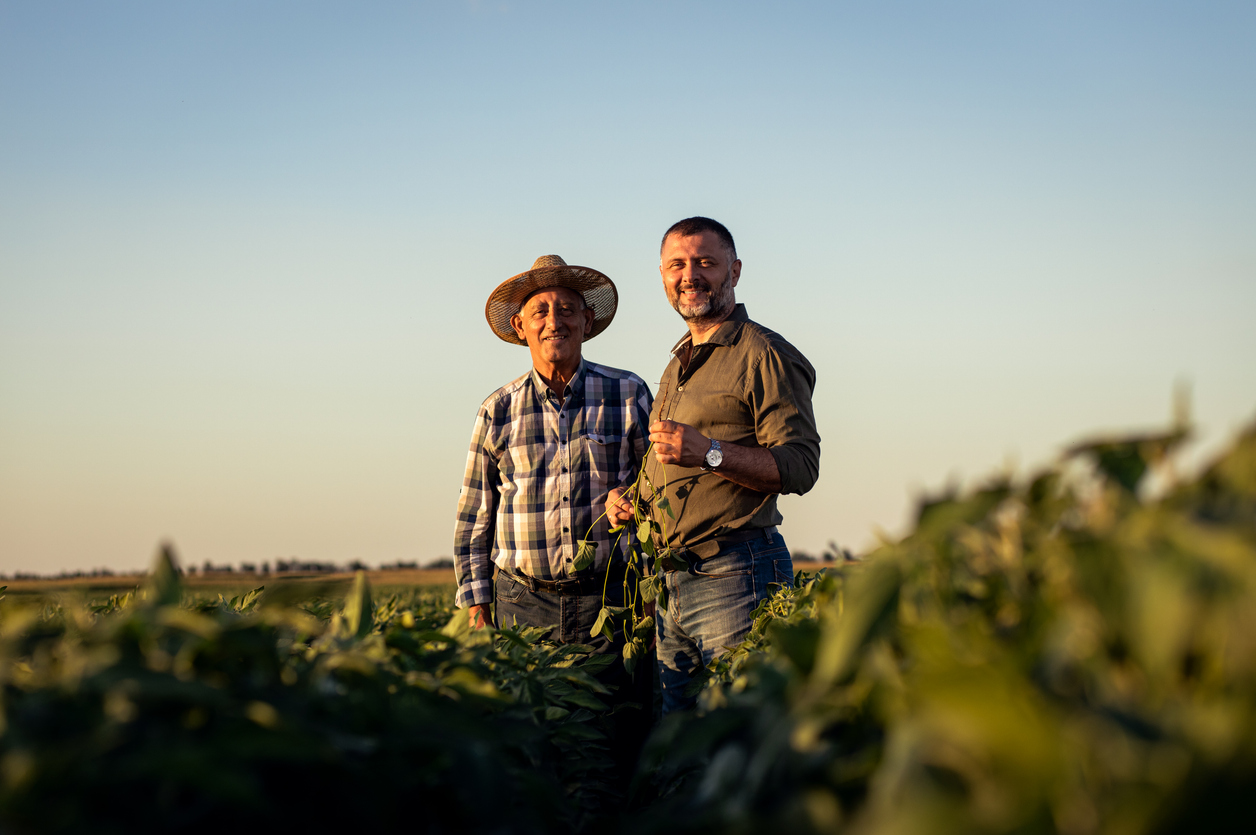Animal rights activists in Oregon would have voters in that state and elsewhere believe killing rodents and pests is among one of many forms of animal abuse under a new ballot initiative.
Oregon’s IP-3, which is on the ballot this fall, prohibits the killing of rodents and pests. It also bans all forms of legal hunting, fishing, and trapping; stops all forms of wildlife management; ends the responsible use of artificial insemination; prohibits the harvesting of livestock by homesteading families; and bans animal owners from caring for their pets privately rather than seeking out veterinary care – including “tethering” or tying up their animals.
If any of these prohibitions sound familiar, they should. A nearly identical initiative was filed in 2021, IP-13, with the same title: “Abuse, Neglect, and Assault Exemption Modification and Improvement Act.”
Extreme forms of animal rights activism have become the norm rather than an outlier in recent years. According to a website in support of the initiative, Oregon’s laws provide exemptions for animal cruelty to occur in various places and the initiative would save “animals on farms, in laboratories, in exhibitions, and in the wild” from such cruelty.
The most egregious example of the disconnectedness of animal rights activists from the food supply chain is clear in the ban on killing “vermin and pests.” “Vermin and pests” are a ubiquitous part of the supply chain and the U.S. Food and Drug Administration has several regulation listings for how to determine the number of rodents in a given facility, how to quantify pest activity, and more. By prohibiting removal of “vermin and pests,” IP-3 invites disease into food processing, packing, and shipping facilities, restaurants, and grocery stores.
The initiative is not just about food safety, however, it is also about communities being able to pass on traditions and ways of life. The prohibition of hunting, fishing, and trapping as well as the ban placed on the harvest of livestock for food, cuts both tribal members and homesteading families off from integral parts of their respective cultures.
There is no exemption for tribal members or recognition of tribal rights to hunt, fish, and trap native wildlife and fish throughout the state of Oregon. As such, IP-3 is another method by which tribal members are cut off from the traditions of their communities and prohibited from harvesting wildlife and fish for elders and ceremonies. Proponents of the initiative claim they will not interfere with hunting and fishing activities on tribal land but four tribes operate under agreements that allow for subsistence and ceremonial hunting and fishing in identified areas throughout the state.
Similarly, homestead families make up a significant part of Oregon’s population. Data from the U.S. Department of Agriculture suggests more than 12,000 farms in Oregon are nine acres or less in size, effectively making them homesteads. The “farms by value of sales” data bears that supposition out, with more than 16,000 farms recording $2,500 or less in income in 2017.
For families on these homesteads, the harvesting of livestock is not about animal cruelty, it is about putting food on the table and teaching their children how to do the same. The prohibition of harvesting livestock for meat and the elevation of that activity to a felony when in the presence of a minor, forces homestead families to absorb a financial burden they did not ask to bear courtesy of the moral preferences of others.
Dietary preferences under the guise of a love of animals is nothing more than putting lipstick on a pig. There is no cultivation of food that is without death. Even in the cultivation of nuts, fruits, and vegetables, thousands, if not millions, of pests are killed to ensure the overall health and survival of the crops.
The truth of IP-3 is in its potential outcome: a state in which no animal dies by any means other than natural causes. Hunting, fishing, trapping, or harvesting livestock for food are not inherently bad activities nor are they choices most people must make because those activities are done for us by people in packing facilities and sent to grocery stores, in the wilderness, or in tribal communities. The beauty of our food system is that there is room for everyone to meet their needs and wants.
Animal rights activists have chosen to create a false dichotomy: veganism or animal cruelty. A person can consume meat and still treat an animal with respect, kindness, care, and affection from the beginning of its life until the end. Veganism is not without the deaths of animals but the death of animals does not require cruelty.






